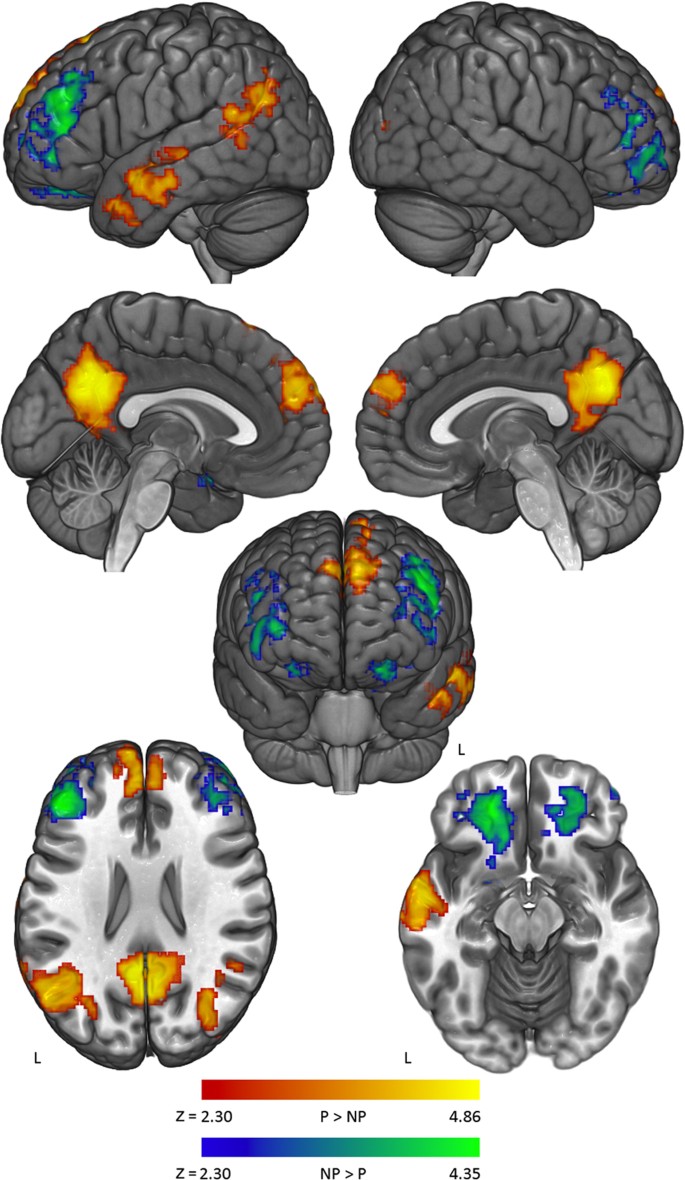
Brain Wiring, Not Party Affiliation, May Drive Political Engagement, Research Reveals
In a surprising deviation from the prevailing narrative that often depicts political views as highly polarized and ideologically fixed, recent research indicates that the degree to which individuals engage with political matters may actually be more significantly affected by brain wiring than by their party membership.
The study, released on April 10 in the journal Brain, concentrated not on whether subjects favored the left or right, but rather on how engaged they were in politics—how much they cared, how frequently they followed political news, and how often they discussed political issues. Importantly, the researchers pinpointed specific brain circuits that seem to regulate this intensity of political engagement, independent of ideological stance.
“This research challenges the prevalent belief that liberals and conservatives fundamentally differ in the way their brains process political information,” said Dr. Shan Siddiqi, the lead author and director of Psychiatric Neuromodulation Research at Brigham and Women’s Hospital’s Center for Brain Circuit Therapeutics. “Rather, we took a different perspective: we examined what drives individuals to engage deeply with politics, regardless of their ideological leanings.”
Veterans Offer Distinct Perspective on Brain-Politics Link
The study featured an unconventional but scientifically significant participant demographic: 124 male U.S. military veterans who sustained penetrating head injuries during the Vietnam War and have been monitored over four decades through the Vietnam Head Injury Study. This group provided a unique chance to analyze how brain injury impacts behavior in a thoroughly documented and controlled sample.
Participants filled out comprehensive surveys regarding their political behaviors and interests. These inquiries aimed not to gauge political beliefs, but to measure the level of political engagement—ultimately generating a continuum of political involvement across the ideological spectrum.
The researchers subsequently mapped the locations of the veterans’ brain injuries, employing an advanced technique called lesion network mapping. This approach, which investigates how damaged brain regions were functionally linked to larger neural circuits, enabled scientists to explore overarching patterns behind changes in behavior.
The Political Brain Circuit
The analysis resulted in a striking discovery: specific brain regions were closely linked to the intensity of individuals’ political engagement.
Veterans who had sustained injuries to the dorsolateral prefrontal cortex and posterior precuneus—brain regions associated with advanced cognitive functions such as planning, decision-making, and concentration—exhibited heightened levels of political involvement. Conversely, damage to areas such as the amygdala and anterolateral temporal lobes, which play a role in emotional regulation, fear response, and empathy, correlated with a significantly lower interest in politics.
“In essence, individuals with compromised executive control circuits appeared to be more deeply engaged in political thinking,” Dr. Siddiqi elaborated. “On the other hand, damage to areas connected with emotional processing was associated with reduced political interest.”
Common Ground in Neural Circuits
A critical takeaway from the study is that political engagement—unlike political ideology—was found to align with specific brain pathways, irrespective of personal beliefs. Whether a person identified as more liberal or conservative did not influence how these neural patterns manifested. The depth of their involvement in political life was rooted in the architecture and function of these circuits, rather than in their views or opinions.
This is a significant finding, especially in a time characterized by severe political polarization in the United States and other regions, where it may seem as if partisans occupy irreconcilable realities. This research suggests an unforeseen neurological commonality among individuals who are actively engaged in politics—from grassroots activists to policy experts and protest leaders.
“We frequently believe that liberals and conservatives are separated by their thought processes,” commented Siddiqi. “However, it seems that when it comes to their level of political concern, they might share more similarities—possessing comparable brain pathways that affect their engagement.”
Broader Implications and Future Exploration
The ramifications of these discoveries could be profound. Grasping the neural mechanisms that underpin political engagement may enhance predictions regarding political behavior, especially in populations impacted by neurological injuries. There are even prospective implications for clinical assessments—political interest might become a marker for evaluating cognitive health following injury.
Nonetheless, the researchers advise caution against overgeneralizing the findings at this stage. The study exclusively involved male veterans with brain injuries, a cohort that diverges from the broader public in both biological and psychological aspects. Subsequent research will need to investigate how these brain circuits function across diverse groups, including women, civilians, and those without brain injuries.
Yet, as the nation prepares for another critical election period, this study offers an encouraging perspective: while our opinions may vary significantly, the essential circuits that fuel our political passion may connect us beneath the surface.
In a time punctuated by ideological divides, this serves as a powerful reminder that biology, not just beliefs, shapes the political forces that influence our societies.
Support Independent Science Reporting: Contribute Today
If our reporting has provided you with insight or inspiration, please think about making a donation. Every contribution, regardless of size, matters.